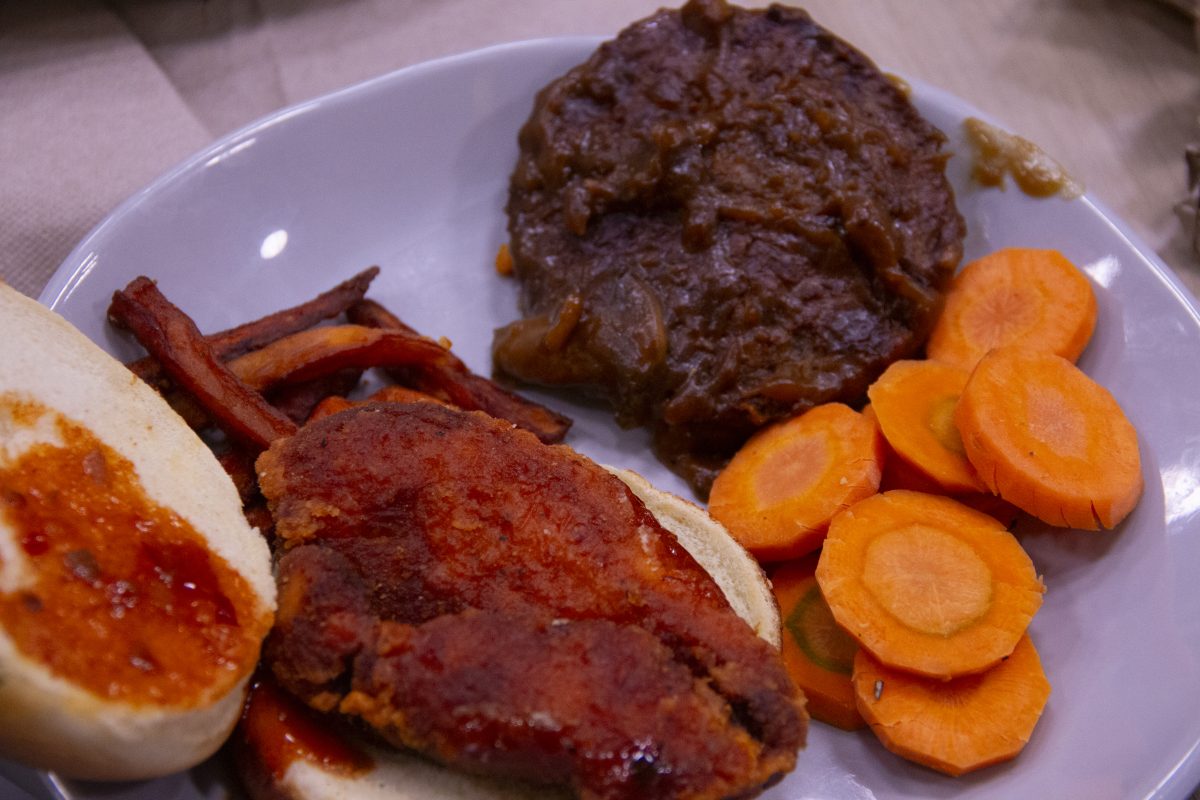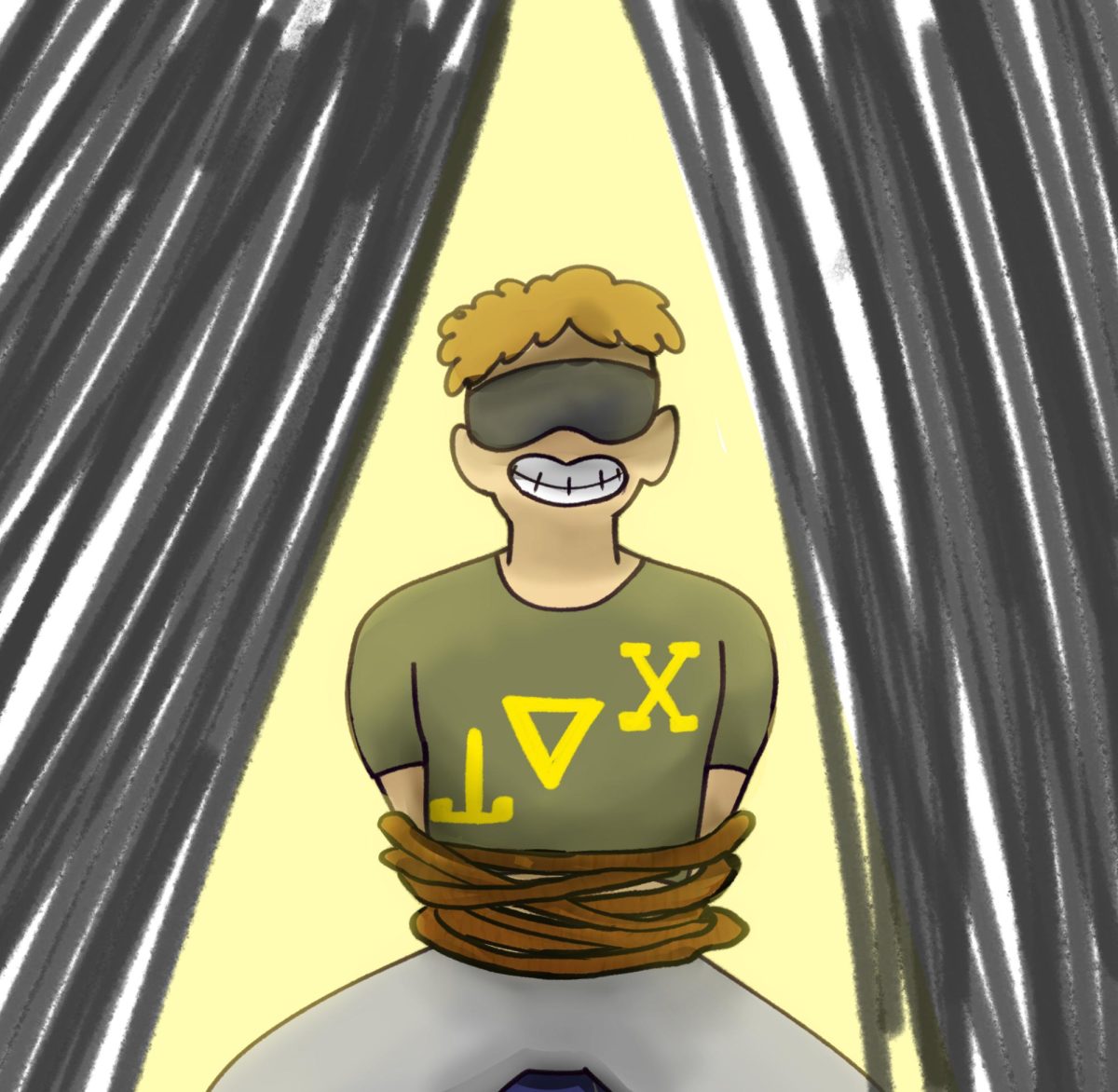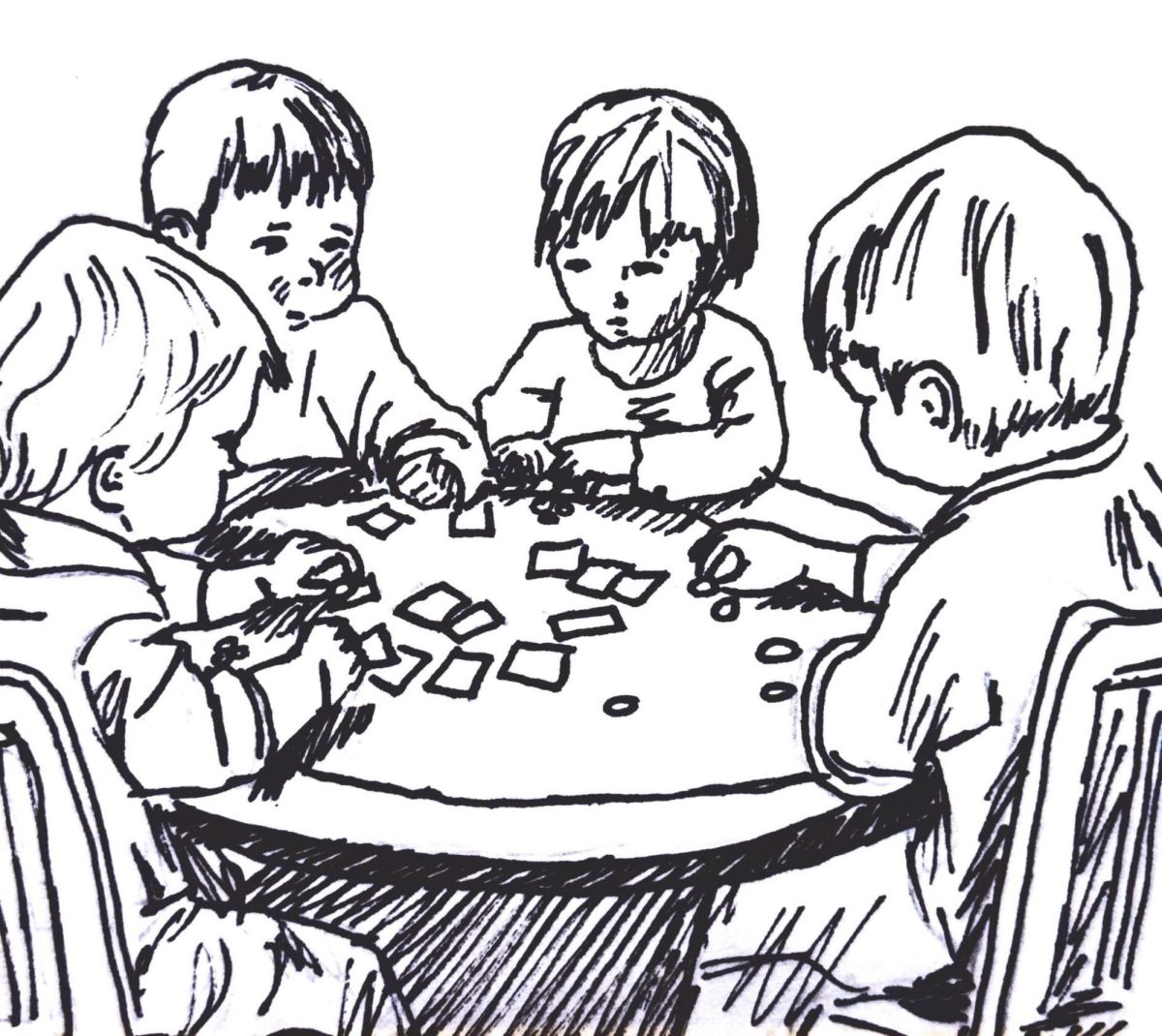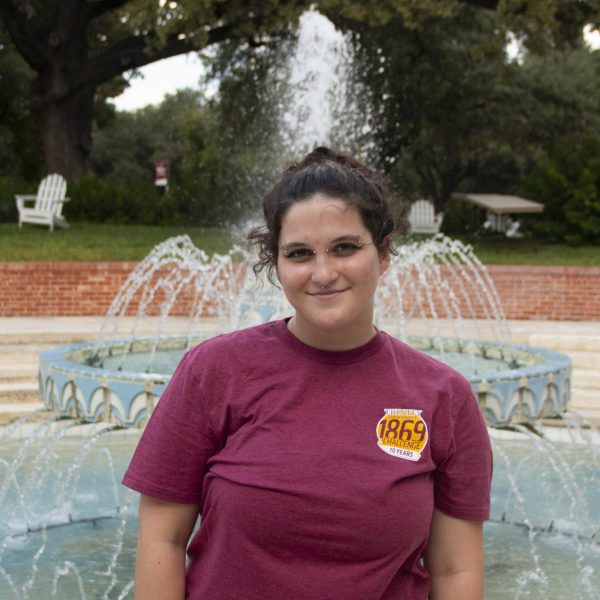I think it’s inevitable that there will always be some viral infection or virus that spreads through campus during the first few weeks of a new semester. However, norovirus going around highlighted a real problem present — and it’s not “just” the fact that people don’t wash their hands after they go number two.
I’ve had trouble with food my entire life. I was diagnosed with Celiac disease at nine, I’ve had problems with over and under eating throughout high school and college and now I’m stuck in a food desert. According to the U.S. Department of Agriculture’s Economic Research Service in 2012, food deserts are “areas with limited access to affordable and healthy food,” and Bayer in 2023 said that there were around 6,500 food deserts in the U.S. I think it’s safe to assume that this number should include Trinity University for a couple of reasons.
First of all, our already limited access to food has just become smaller. I have become terrified of getting the norovirus or food poisoning from Mabee Dining Hall (I mean have you seen how pink the chicken is?). I don’t feel safe eating the food that is offered at Mabee and sometimes even Coates Student Center because I, like many others, don’t have the time to be sick. Even then, it’s not like any of the upperclassmen have easy access to the food in the first place.
Moving out of the first-year area has made me frustratingly aware of just how inaccessible getting food is for sophomores and juniors living in Bruce Thomas Hall, Dick and Peggy Prassel Hall, North Hall, South Hall, Myrtle McFarlin Hall, Susanna McFarlin Hall and Isabel McFarlin Hall. It’s also confusing to me as to why Trinity has not brought back the breakfast place that used to be in Prassel Hall. I timed one of my own walks from Thomas to Mabee and determined that it takes about 12 minutes. This could be even longer if you live in other buildings. In Texas heat and with limited access to ramps (see ,“In case of fire, do not use the elevator” by Will Sharp) this is an intense trek for people with physical handicaps.
Not only that, but those with mental health issues suffer as well. As somebody that struggles with the premise of eating, thinking about the walk to Mabee makes me physically recoil. Students with depression and anxiety can sometimes barely make it out of their dorm, let alone a journey to Mabee or Coates Student Center.
Ideally, I would just order food or buy groceries but that’s not possible most of the time for me or others in my position. As reported by Data USA in 2022, 97% of Trinity undergraduates receive financial aid through grants, and as told by Trinity’s own website, 21% of 2028 students are here on a Pell Grant Scholarship, which is given to students with exceptional financial need. We can’t afford to find another way when most of the money we pay is going to the meal plan we’re required to pay for. Even when we’re able to afford groceries, many kitchens across campus don’t have cooking and baking utensils and/or are in horrible condition.
Speaking of the required meal plan, there are already multiple problems. First, the food we can buy from Mabee Market or Coates Market that is “healthy” is overpriced even compared to what they go for in stores. Miss Vickie’s Potato Chips go for $2.99 at Mabee Market. At Walmart, you can buy an entire 28 count box for $34.89, which is about $1.20 per bag. Let’s take a look at healthier food – a carton of Driscoll’s strawberries sells for $9.99 at Mabee Market but at H.E.B., they are priced at $2.93. Even if you decide to buy the 10 dollar strawberries, you have to be fast because it disappears or expires in about two days. I guess if you’re really trying to stay healthy you could opt for some honey buns from the vending machines … those are healthy, right?
It would be in the student body’s best interest for Trinity to resolve these problems by implementing some, or at least one of these suggestions (though I’m sure these requests will go unnoticed, just like previous ones):
- Provide a healthy and sustainable place on west campus for sophomore and juniors to utilize, much like Mabee Market or Coates Market.
- Make the meal plan an option rather than a requirement so as to allow students to use that money for buying their own — dare I say healthier — groceries instead.
- Offer substantially more cheap and healthier food at Mabee Market and Coates Market.
It’s time for Trinity to live up to its catchphrase on the front page of its website — “access for all” — because right now, students who are already disproportionately impacted by food insecurity are facing it in their supposed “safe space.” Until then, I’m going to keep Fizzing about it.








Michael • Sep 30, 2024 at 2:29 pm
This is a very privileged take.